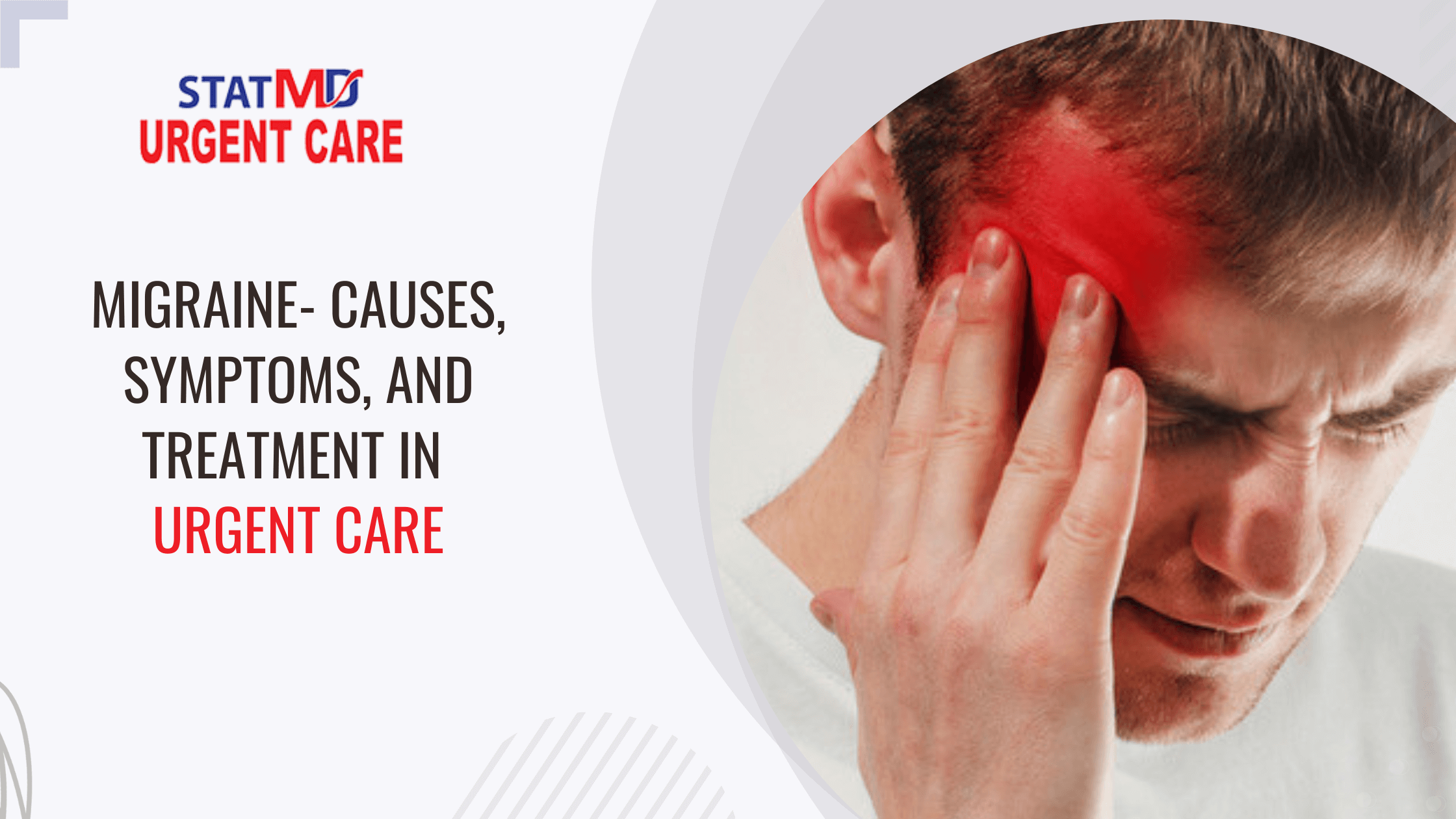
Flu Shots Now Available Don't Miss Out on Limited Supply!
For Young St: (661) 464-5000
For Panama Lane: (661) 464-5001

Migraine is a common ailment among all ages. Migraine patients experience pain that affects their daily life. It is a neurologic condition that is frequently accompanied by a severe headache. The headache comes in waves, often accompanied by nausea, vomiting, and photosensitivity.
Around 40 million Americans experience migraine headaches annually. Some attacks are prevented and made less painful with proper migraine medicine. The correct medications with self-help techniques and dietary adjustments can help relieve pain.
Here is the guide to help you understand migraine and make the right choices in time.
A migraine is a headache that often attacks one side of your head and can be more painful and intense than a normal headache. It is often triggered by light sensitivity and loud music and noises. A migraine episode can persist for hours or even days, and the pain can be so bad that it makes it difficult to go about your everyday activities. Obtaining effective migraine treatment is important for reducing the frequency of attacks and keeping the disorder in check.
An extreme headache on one side of the head is the primary sign of migraines. The pain is generally moderate to severe. Other common symptoms of migraine are:
Seek urgent care migraine treatment before the symptoms start worsening.
A migraine can be difficult, with symptoms that fluctuate over hours. Not all migraine sufferers go through each stage. Four phases are listed below:
The initial stage of a migraine indicates that a headache will begin shortly. The severity of the episode can be stopped or lessened by taking a timely migraine medicine. Common signs include:
An aura may appear before or during a migraine attack for certain people. Auras are brief nervous system symptoms. Most of them are visual, but they can also involve other disruptions. Each symptom often starts mildly, intensifies over a few minutes, and lasts up to an hour.
If left untreated, a migraine attack often lasts 4 to 72 hours. Take urgent care migraine treatment to avoid the severity. You can experience the following things during a migraine attack:
After a migraine, you may feel drowsy, confused, and tired for up to a day. Certain movements can reactivate the pain. These post-migraine symptoms could present as:
Migraine is a disorder that causes headaches and requires migraine treatment. The primary causes are:
Here are the major risk factors and triggers that need to be in check:
Hormone Adjustments: Many women experience headaches during their menstruation, pregnancy, or just before ovulation.
Stress: When you're under stress, your brain produces chemicals that may alter your blood vessels and result in migraines.
Foods: Foods like cheese, soft drinks, cheese, alcohol, and food additives are other risk factors.
Skipping Meals: Improper intake of vitamins and nutrients can cause weakness and trigger migraine.
Caffeine: Consuming too much or not confusing enough of it can both trigger migraine.
Sleep changes: Changes in sleep patterns can boost migraine problems.
Physical Activity: Certain physical activities impose risks for people undergoing migraine treatment.
If your symptoms are severe and you cannot swallow meals or clear liquids, seek urgent care migraine treatment in your area.
An urgent care physician alleviates the distressing migraine symptoms. Your doctor may prescribe an effective migraine medicine to treat the pain and can even perform certain tests in case of severity. In certain cases, steroid injections successfully reduce migraine symptoms and ease discomfort.
It is important to seek the right migraine treatment at the right time to ease your suffering. StatMD Urgent Care offers high-quality, rapid care for all your ailments and injuries. Our physicians serve you with personalized attention and help you take the best from treatment.
Schedule an appointment today to relieve yourself of the intolerable headache!